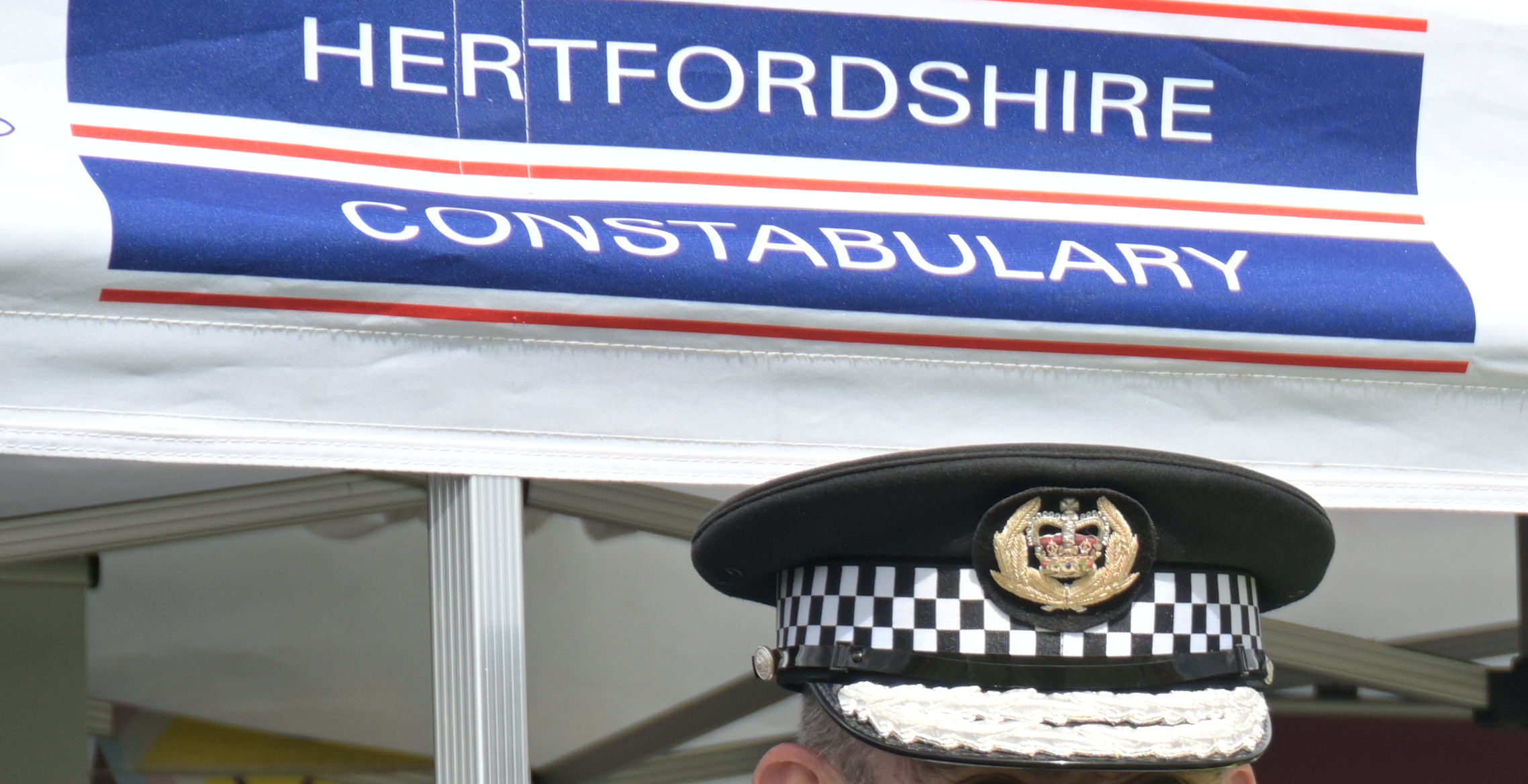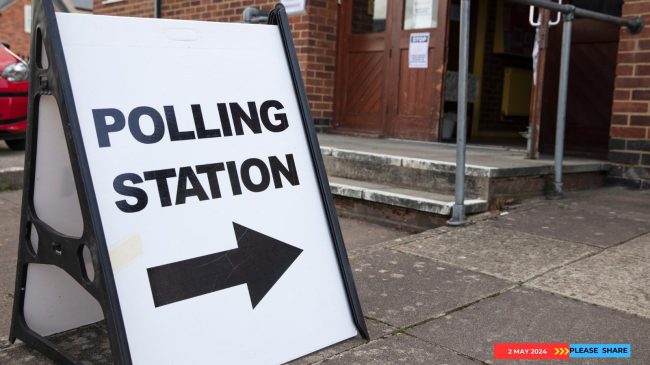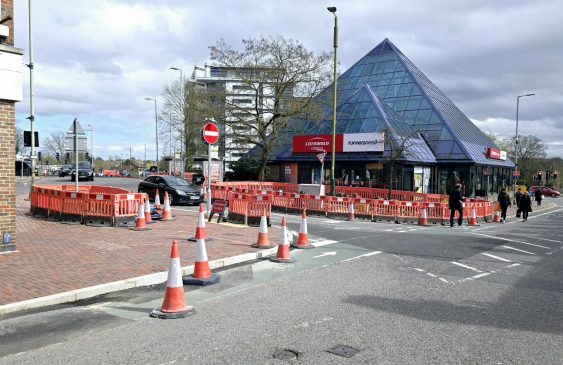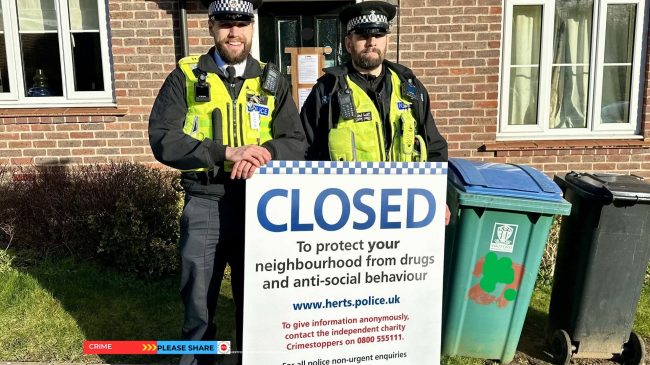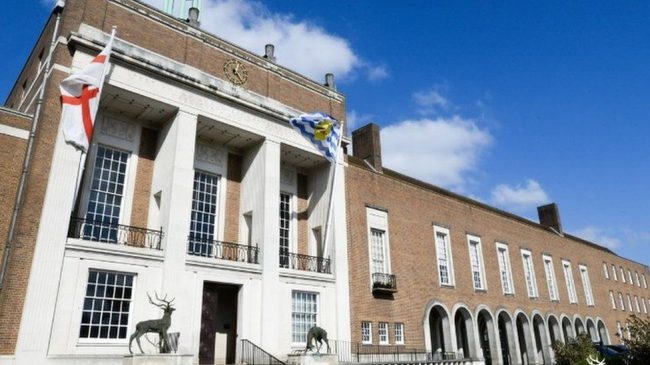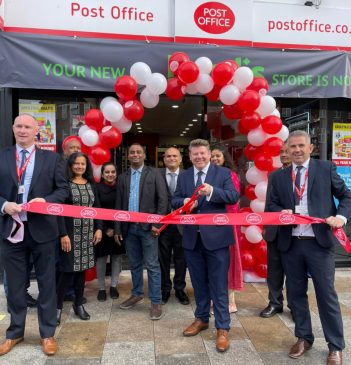Police review arrests of journalists at just Stop oil protests was not justified
Hertfordshire Police chief says he is ‘truly sorry’ to journalists wrongly arrested after receiving a review report of the policing response to the M25 “Just Stop Oil” protests earlier this month.
The four journalists were arrested whilst on a public footpath for conspiracy to commit a public nuisance in relation to the JSO protests on 7 and 8 November, despite all showing officers valid press card which had a hotline number for verification purposes, endorsed by the National Police Chiefs Council. LBC reporter Charlotte Lynch was was handcuffed and put into a custody cell for five hours at Stevenage Police Station where she had DNA swabs taken from her mouth, fingerprinted, to later be released with no further action.
She had been reporting from a bridge between junction 20 (Abbots Langley) and junction 21 (M1/St Albans interchange).
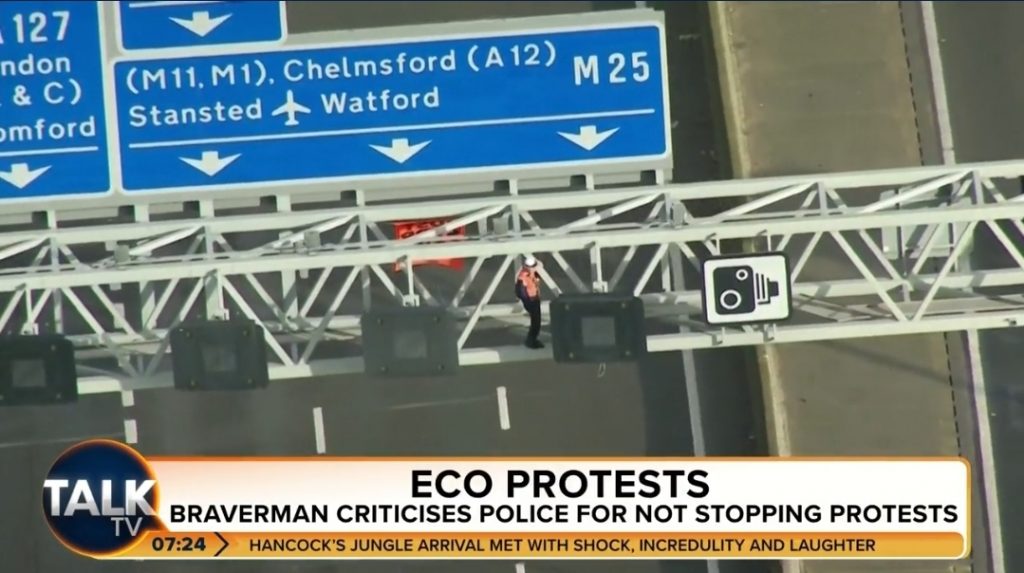
Prime Minister Rishi Sunak and senior police officers highlighting the importance of press freedom after news of the arrests of journalists.
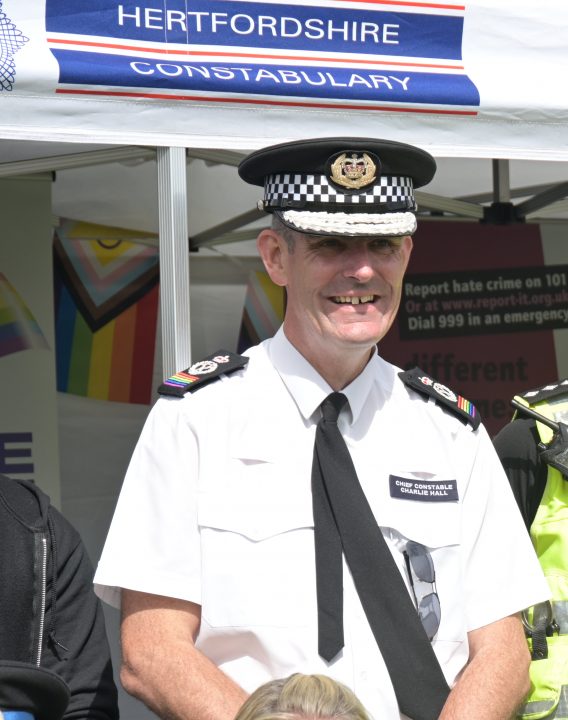
Chief Constable Charlie Hall said: “I fully appreciate the legitimate concerns raised by the arrests of the journalists, which was why I commissioned the review.” I have apologised to the accredited journalists who we arrested on 11 November.
Confirming that the arrests of the journalists were not justified, and that changes in training and command need to be made, it found officers made mistakes although no evidence to suggest officers acted maliciously or deliberately disproportionate.
“The review offers some valuable learning, which we are acting on immediately, so that it can be used when policing future protests, and we will be sharing the learning nationally.”
The review, by the chief superintendent of Cambridgeshire constabulary, John Hutchinson, noted that officers on the ground cannot exercise their powers of arrest simply on the say so of a senior officer, unless the superior has conveyed “sufficient information in order for the arresting officer to develop reasonable grounds”.
The review said: “The evidence in this case indicates officers were directed to arrest and did not develop sufficient grounds prior to exercising their power.
“The review team discovered that no bronze POPS advisor was assigned by Herts Police which “should be documented as part of a Commander’s decision-making audit trail” and [policing practice] almost exclusively endorsed arrest as the only intervention available to officers,” it added. “This approach did not differentiate between people and did not consider the balance of rights.”
“It was believed that officers had a lack of understanding as to the role of the media and how they operate,”
Furthermore, it said, “there is evidence to suggest the potential for the arrests to amount to an ‘unlawful interference’ with the individuals’ freedom of expression under article 10” of the European convention on human rights.
Jun Pang, a policy and campaigns officer at Liberty, said: “A free, independent press is a vital part of a functioning democracy and should not be interfered with. The actions of Hertfordshire police arresting journalists covering protests was a dangerous overreach – indeed, this report acknowledges that ‘police powers were not used appropriately’.
‘The JSO (Just Stop Oil) activity spanned at least four other police forces, none of whom arrested members of the press,’ it found.
The independent review carried out by Cambridgeshire Constabulary has made five recommendations, and changes have been made immediately.
These changes include:
- To ensure that any Public Order Public Safety officers and commanders to be identified for attending the College of Policing National Union of Journalists awareness training within 30 days;
- To ensure that all commanders have immediate access to co-located mentors, loggists, and public order public safety tactical advisors throughout operations;
- An immediate operational assessment of the number and experience of the Constabulary’s cadre of Public Order Public Safety commanders.
The full recommendations are:
Recommendations for Police
- Should consider selecting commanders with commensurate skills and experience in relevance to the nature of the operation.
- Should consider ensuring that mentors collate with commanders for the duration of the operation.
- Should consider ensuring that all commanders have access to Public Order Safety (POPS) advisors.
- Should consider affording commanders with the ability and capacity to maintain accurate decision logs.
- Should consider to ensure that all officers engaged with public order activity complete the NUJ package and identified learning is shared.
For the use of the power of arrest to be lawful must comply to statutory powers set out within PACE 1984 Code G rules. The judgement laid out following O’Hara v Chief Constable of Royal Ulster Constabulary 1996 – an officer cannot exercise the power of arrest based on instruction from a superior officer.
